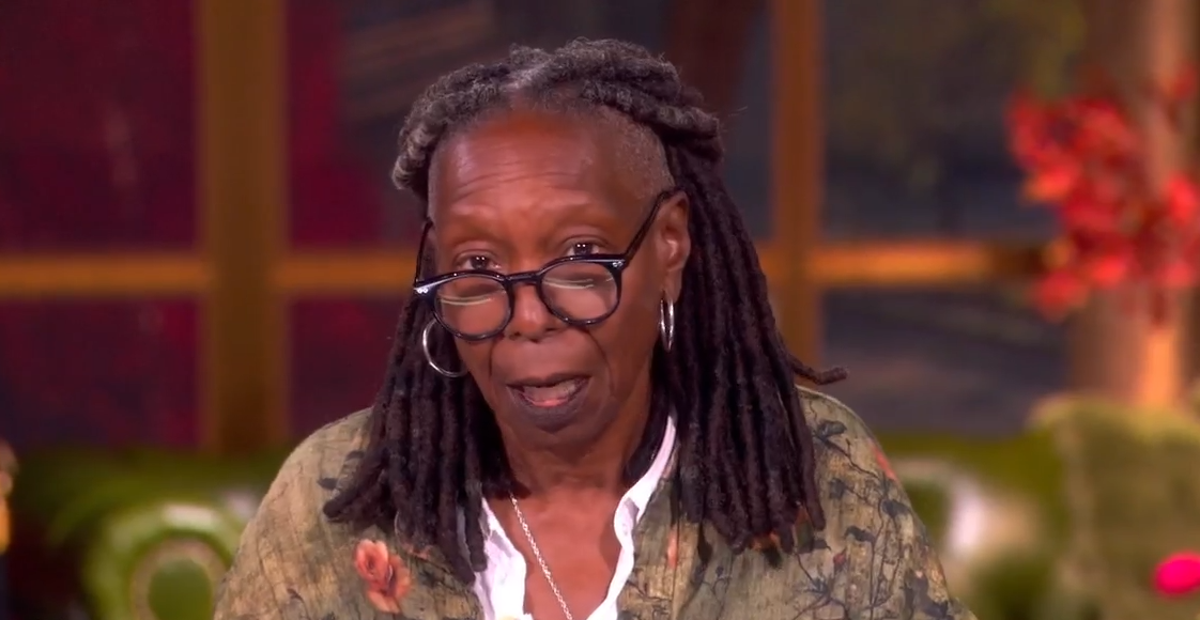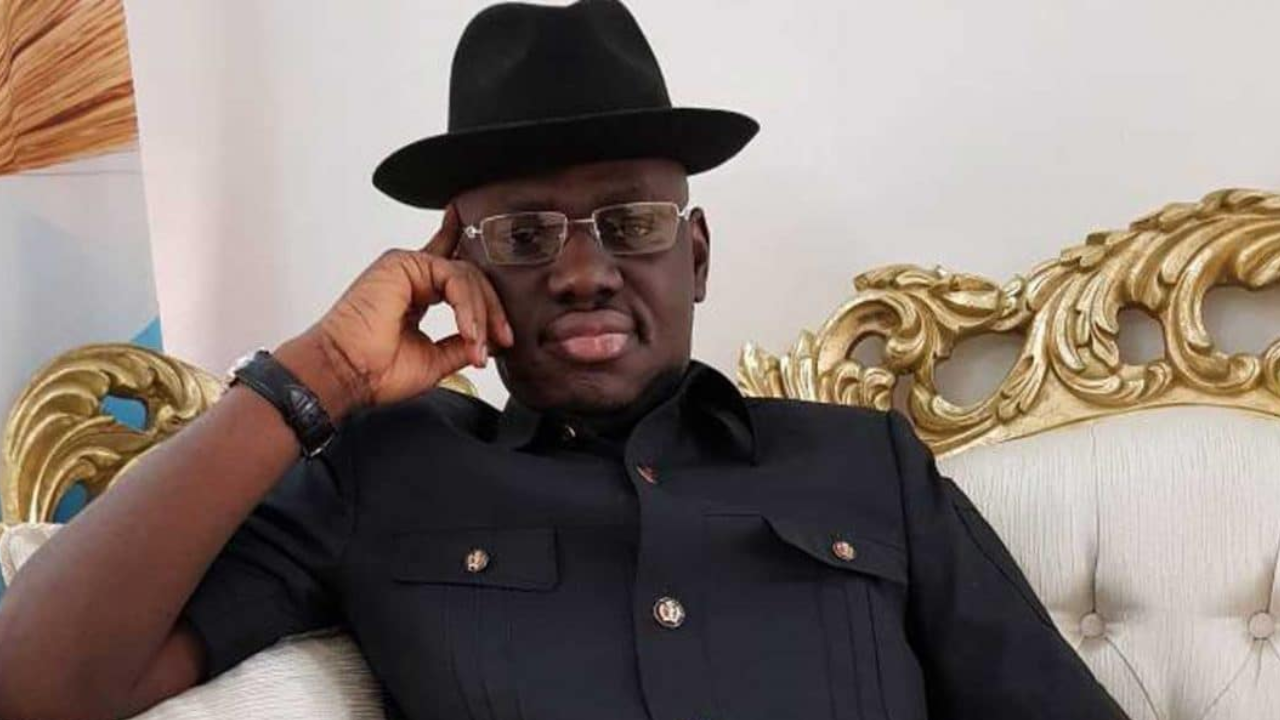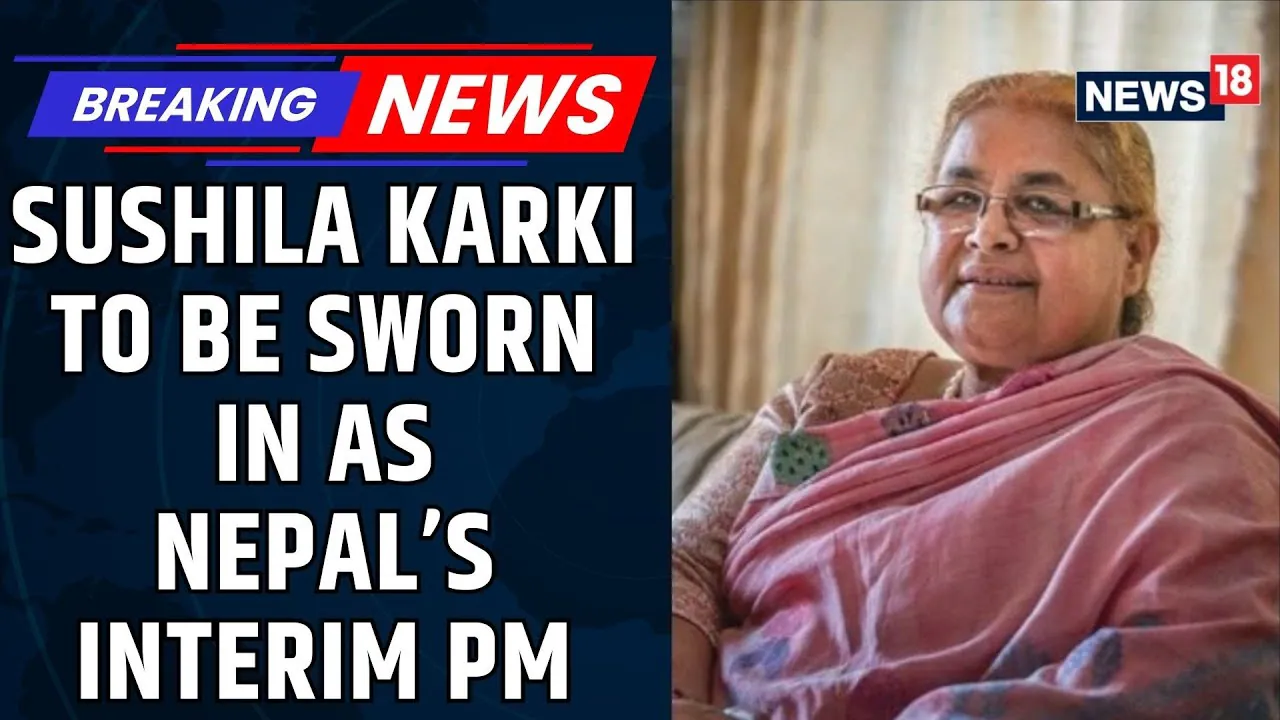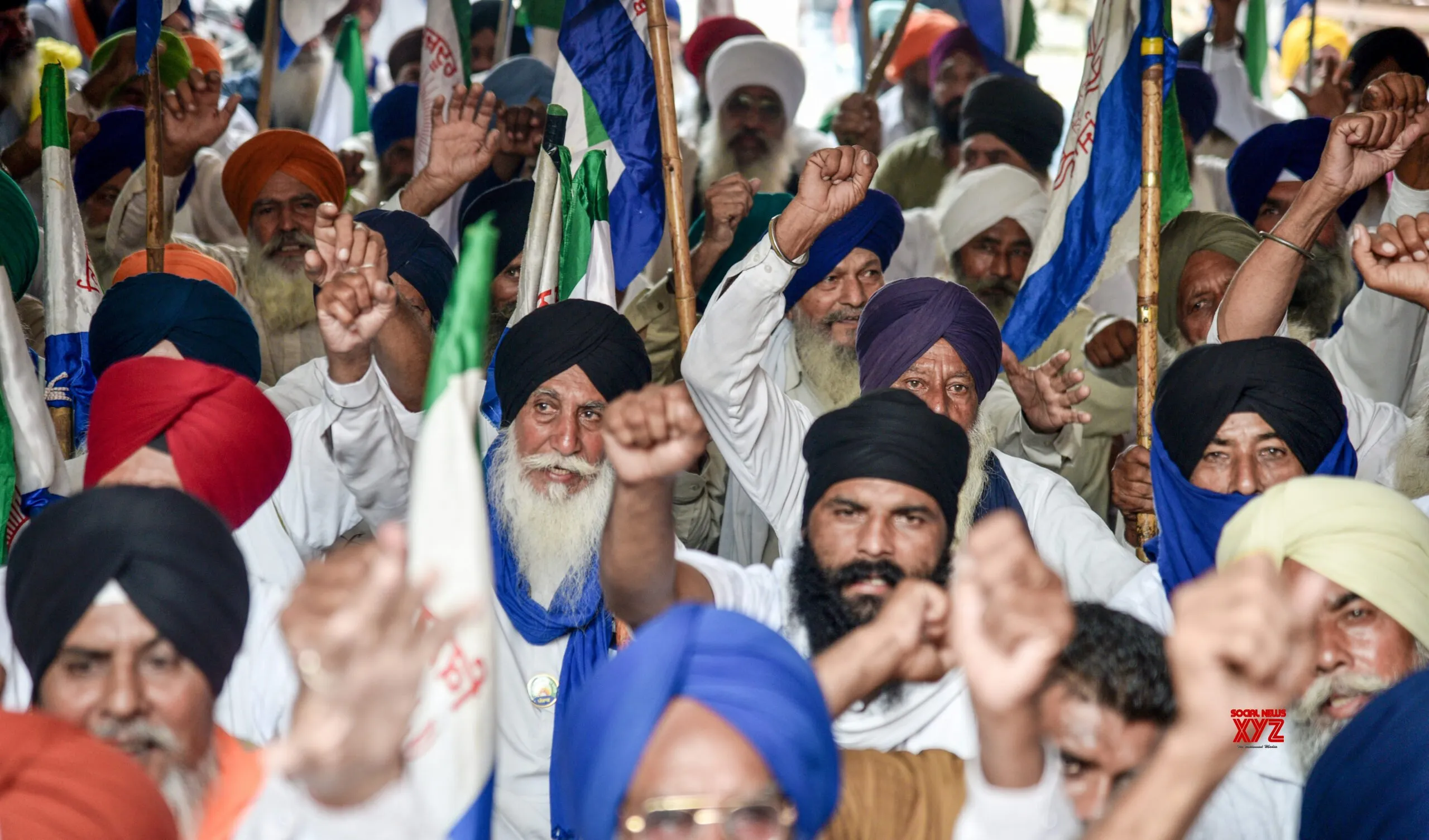By Samuel Clench
Copyright news
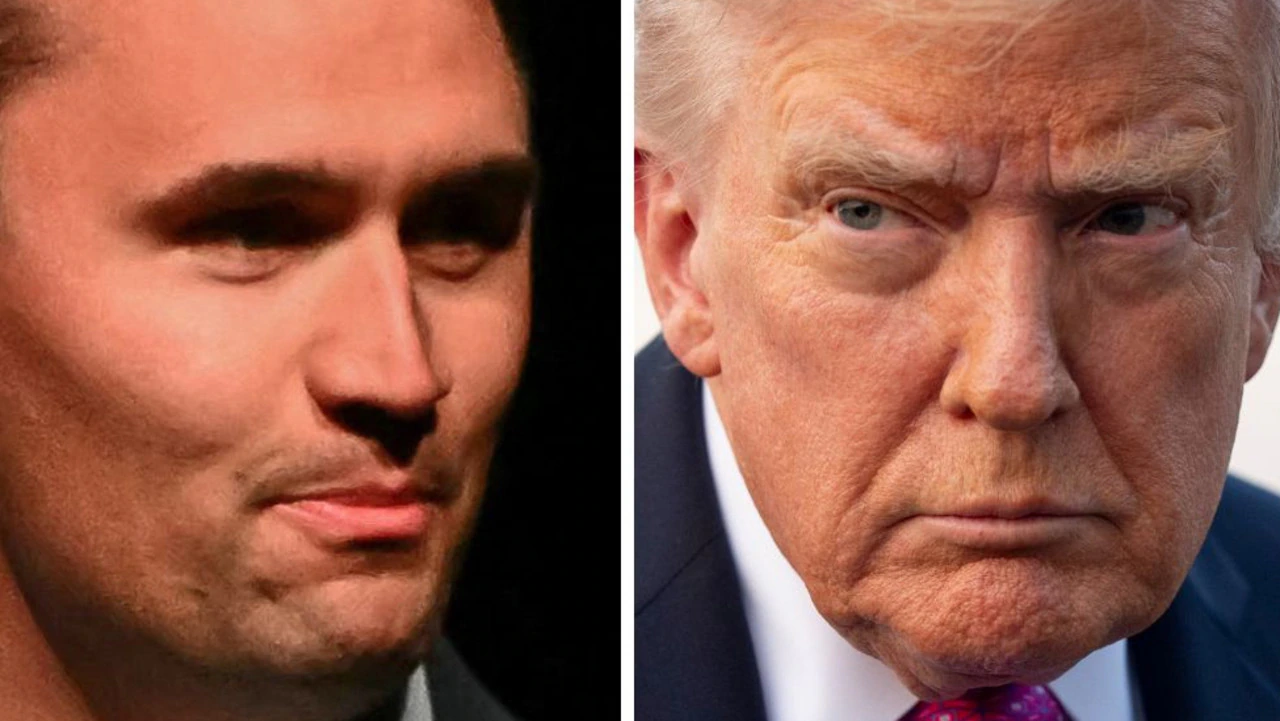
On the one hand you have President Trump himself, who has sought to stoke anger at the “radical left”. On the other you have Utah Governor Spencer Cox, also a Republican, who is calling for calm and unity.
Mr Kirk was shot in Mr Cox’s state, which is dominated by the Republicans. On policy matters, the Governor is unquestionably conservative; Utah’s gun laws, for example, are very much on the permissive side. In fact Mr Cox recently signed a law that allows people in his state to carry concealed firearms in public places without requiring a permit.
What could possibly go wrong there?
Mr Cox’s rhetoric, however, has long been stubbornly conciliatory, at a time when both sides of US politics have been speaking in increasingly hyperbolic and apocalyptic terms.
What do I mean by hyperbolic?
I mean Kamala Harris saying “democracy is on the ballot” before last year’s election, as though a win for Mr Trump would mean the end of a 250-year-old political system.
I mean Mr Trump’s simultaneous insistence that, if his opponent were to win, “we are not going to have a country anymore”.
Mr Cox, who endorsed Mr Trump over Ms Harris, but only after the attempt on the now-President’s life during the election campaign, falls somewhere in between. He’s the sort of Republican who is genuinely friends with Democrats; he and the Democratic Governor of Maryland, Wes Moore, have reportedly been texting every day since Mr Kirk’s murder.
(I’m not sure I even text my wife every day.)
In the immediate aftermath of Mr Kirk’s death, he sought to defuse, rather than inflame.
“We mourn as a nation,” Mr Cox said.
“If anyone celebrated even a little bit at the news of this shooting, I would beg you to look in the mirror and to see if you can find a better angel in there somewhere.
“I don’t care what his politics are. I care that he was an American.
“We desperately need leaders in our country, but more than the leaders, we just need every single person in this country to think about where we are and where we want to be.
“We can return violence with fire and violence. We can return hate with hate. And that’s the problem with political violence, it metastasises, because we can always point the finger at the other side.
“And at some point we have to find an off-ramp, or it’s going to get much, much worse. These are choices that we can make.”
For this attitude, he was condemned by elements of Mr Trump’s MAGA movement. Steve Bannon, for example, who was the President’s chief political adviser for a time during his first term, and remains an influential voice on the American right, with a popular podcast.
(Mr Bannon also got caught defrauding Mr Trump’s supporters, having told them they were donating money to build the President’s border wall with Mexico before distributing the funds to his mates. He doesn’t really talk about that part of his resume.)
“Spencer Cox is a national embarrassment,” he told The Daily Mail after the remarks above.
“In a time when we need action, he tells us to sing kumbaya and hold hands with Antifa.”
Antifa, which derives from the term “anti-fascist”, is a nebulous group of left-wing activists in the United States, often accused of stoking violence.
“While the good and decent Charlie Kirk lies in a mortuary awaiting burial, he tells us to invite Democrats over for a cookout. The radical left, that burns Portland (a city in Oregon) daily and shoots up schoolkids weekly,” said Mr Bannon.
“This is not a time for treacly pontificating. This is a time to declare Antifa a domestic terrorist organisation and have the FBI go kick down some doors.”
Pro-Trump journalist Julie Kelly was of a similar opinion.
“It came across as grandstanding to me,” she said of Mr Cox’s remarks.
“I don’t need to be lectured by Spencer Cox about how we should feel, think or act.”
Ms Kelly called Mr Cox’s speech an off-putting” call for “surrender”.
Mr Cox did the rounds on America’s various Sunday current affairs shows today, hitting back at Mr Bannon directly.
“Mr Bannon is angry, and rightfully so,” he told CNN.
“I’m not saying we have to just sing kumbaya and hold hands. What I’m saying is we actually should disagree. I think Charlie represented that better than anyone.
“Charlie said some very inflammatory things. And in some corners of the web, that’s all people have heard.”
He stressed that Mr Kirk had “also said some other things about forgiveness”.
“There are conflict entrepreneurs out there who benefit from radicalising us. And I’m not one of those. I don’t know that that’s particularly helpful,” he said.
“That’s what I appreciate most about Charlie. If we don’t keep talking, that’s when the violence starts,” he added, referring to Mr Kirk.
“But (Bannon) is right on this: we need to find out how this happened, and we need to stop it from happening (again).”
He lamented the fact that America’s politics now “feel like rage”.
“It feels like rage is the only option,” said Mr Cox, urging supporters of Mr Kirk to “find an off-ramp” lest it get “much, much worse”.
“We can choose a different path.”
The Governor invoked Mr Trump to support his case.
“The President reached out to me after the press conference and thanked me multiple times for what I said. That might surprise some people,” he said.
“The reason I’m doing these morning shows – I don’t do much national press anymore – is because the White House asked us to come on and talk about this. Because they are worried about the escalation that’s happening out there.”
If Mr Trump is genuinely worried about “the escalation that’s happening”, he’s done little to show it in his own public remarks.
“I’ll tell you something that is going to get me in trouble, but I couldn’t care less,” he said on Fox News last Friday, when asked how America could fix the radicalisation of people on both the left and right.
“The radicals on the right oftentimes are radical because they don’t want to see crime,” the President claimed.
“The radicals on the left are the problem.”
Before that, in a video filmed in the Oval Office, he reeled off a list of examples of political violence aimed at Republicans, while omitting all examples of violence aimed at Democrats.
Speaking afterwards, Speaker of the House Mike Johnson, very much a pro-Trump Republican, called for more temperate rhetoric.
“People have got to stop framing simple policy disagreements in terms of existential threats to our democracy and all these phrases you hear all the time,” said Mr Johnson.
“You can’t call the other side ‘fascists’ and ‘enemies of the state’ and not understand that there are some deranged people in our society who will take that as cues to act, and to do crazy and dangerous things.”
His remarks prompted inevitable compilations, on social media, of the times Mr Trump had called the Democrats fascists and derided the news media as an “enemy of the people”. Which sums up the hypocrisy, here, pretty damn well.
